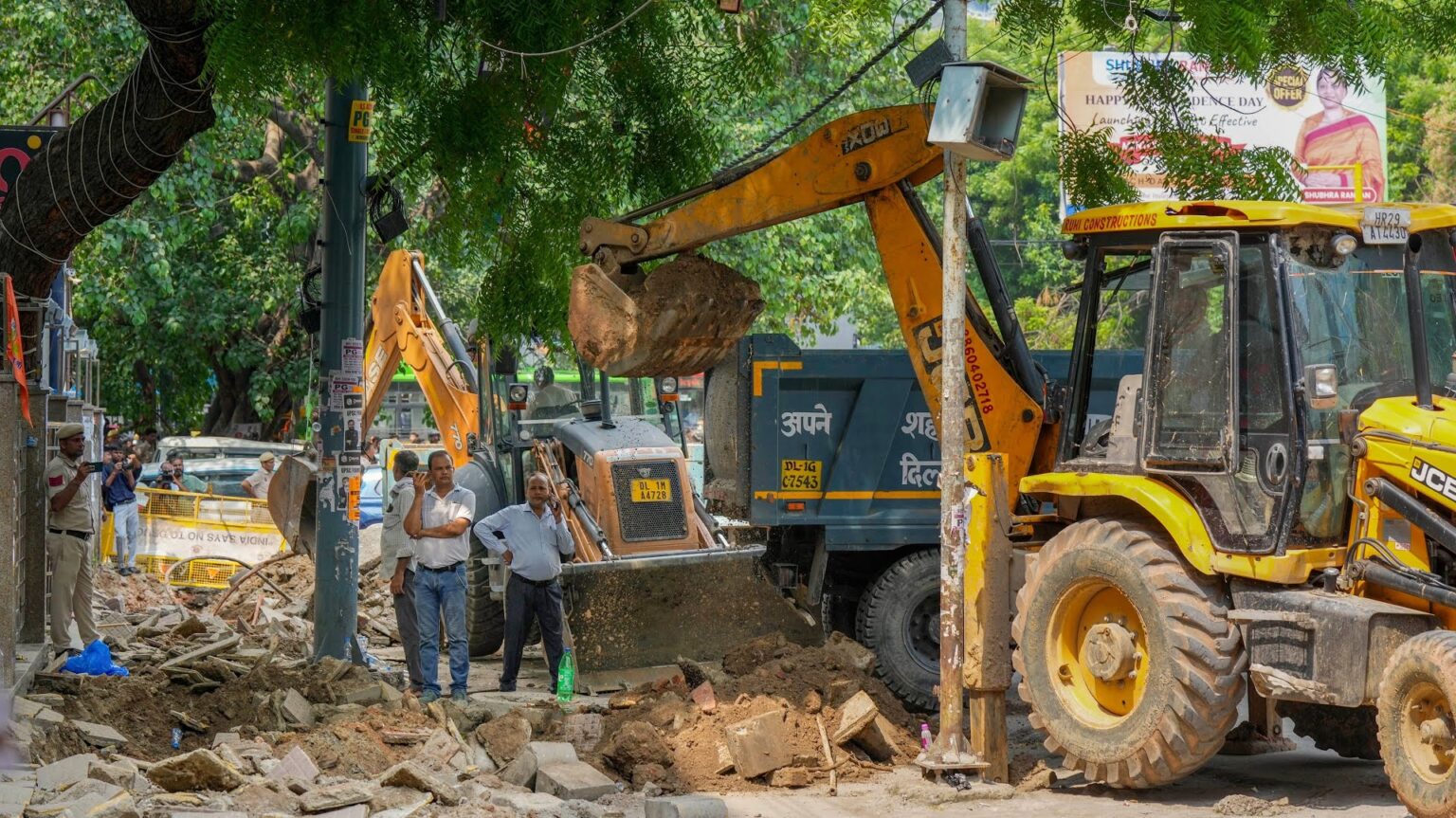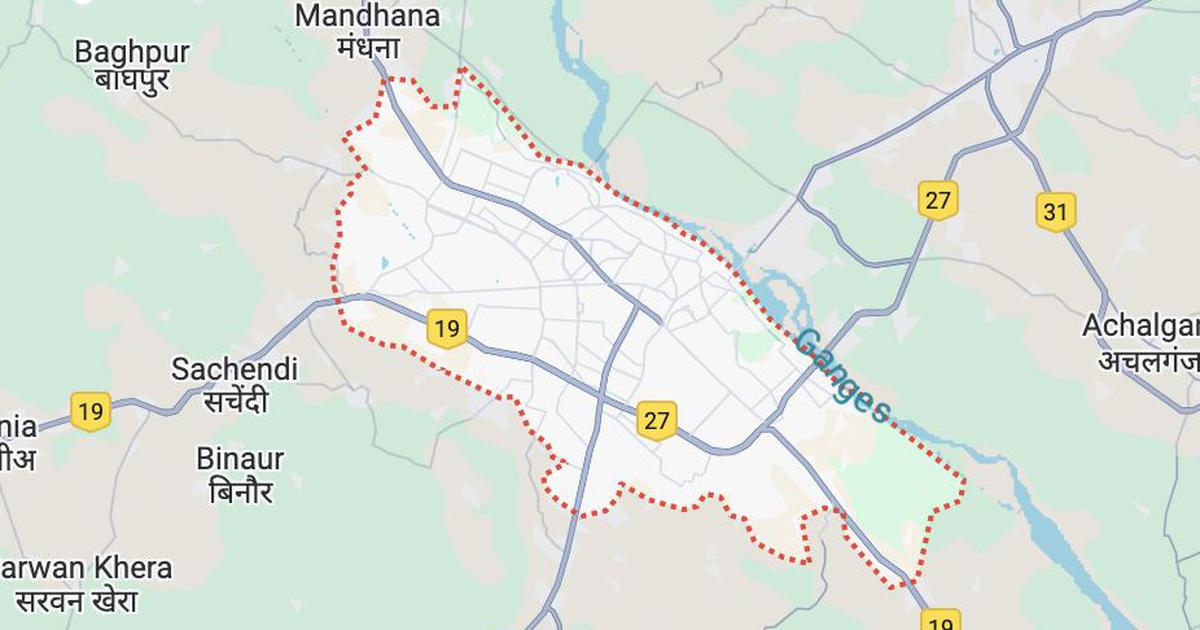
By Sidra Fatima
On September 10, 2024, municipal authorities in Gujarat’s Surat district launched a demolition drive in Saiyedpura, an area recently hit by riots following an alleged stone-pelting at a Ganesh pandal. Despite official claims of a pre-planned anti-encroachment operation, the timing and scale of the demolitions of “illegal” structures — just a day after the unrest — have raised alarms. Critics argue that the actions may amount to targeted punishment, challenging the Supreme Court’s recent order in this regard.
Bulldozers moved into Saiyedpura on September 9, 2024, accompanied by a heavy police presence. The operation involved the demolition of “illegal” structures and the removal of makeshift handcarts and roadside shops. This action followed an incident on September 8, when minors allegedly threw stones at a Ganesh pandal, leading to riots and the arrest of 30 individuals, including six minors.
However, authorities deny any link between the demolitions and the unrest. Surat Municipal Corporation (SMC) officials claimed that the demolition was part of a “pre-scheduled” anti-encroachment drive “planned weeks in advance” due to the significant encroachments in Saiyedpura.
“We decided to remove the encroachments during a meeting two weeks ago. Saiyedpura is severely affected by illegal encroachment, and all four local municipal councilors had requested action,” Deputy Mayor Narendra Patil told the media.
However, the timing of the demolitions — just a day after the violence — raises questions, especially given recent Supreme Court ruling against using demolitions as collective punishment. The court has emphasised that demolitions should not be used for retribution and has asked the Centre to establish uniform guidelines for such operations nationwide.
“Officials preplanned the demolition to divert public attention from the real issues arising from excessive rainfall in Gujarat, making it appear as selective action. The most concerning aspect was the brutal treatment of individuals accused of stone-pelting,” said Dev Desai, a Gujarat-based human rights activist with ANHAD.
This story was originally published in twocircles.net. Read the full story here.






